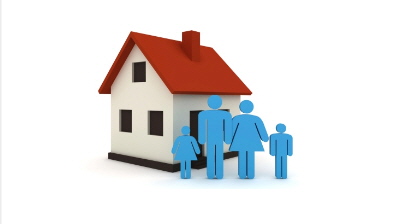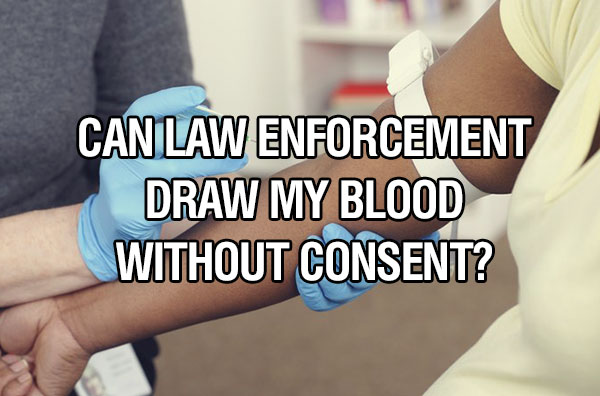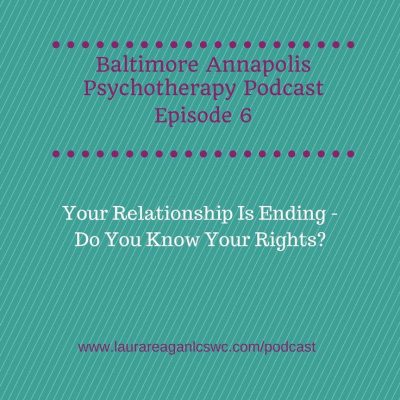Unfortunately, discrimination is a widespread problem in our society. A type of discrimination that receives a lot of media attention is that related to the availability and opportunity of housing. Do you know how can occur this type of discrimination? Do you know who to turn to if this happens to you? Use this list to obtain information and keep a record of possible incidents of housing discrimination.
What federal laws govern the issues of discrimination in housing?
The Fair HousingAct, formally known as title VIII of the Civil Rights Act of 1968, is the federal law which are predominant in regards to fair housing and housing discrimination.
Who protects the Fair Housing Act?
The Fair Housing Act prohibits discrimination in housing on the basis of various aspects. Do any of them apply to your situation?
Race
__Y
__N
Color
__Y
__N
Nationality
__Y
__N
Religion
__Y
__N
Sex
__Y
__N
Family situation
__Y
__N
Or disability
__Y
__N
What is the meaning of “family status”?
Family status means, in a nutshell, the composition of their family unit. The Fair Housing Act prohibits discrimination on the basis of their type of family. To this end, the family situation can include children under the age of eighteen years who live with their parents or legal guardians, pregnant women and people who are looking to ensure the custody of the children under the age of eighteen years. For example, a landlord may not deny you to rent an apartment if you tell him you are pregnant and will soon have your baby unless you have another legitimate reason for not wanting to rent the property.
What housing is covered the Fair Housing Act?
The Fair Housing Act covers many different types of housing, including houses, apartments and townhouses available for sale or rent. There may be some exceptions to coverage under the act. For example, the owner of a rental building that lives in the same building might not be required to comply with the law.
What types of acts are prohibited?
The Fair Housing Act prohibits several acts of discrimination in respect of the sale or rental of a housing adopted against a person or a group belonging to a protected category. Do you form part of a protected group and is a victim of any of the following acts?
Does refusal to rent or sell a home?
__Y
__N
Does refusal to negotiate for housing?
__Y
__N
Does lack of availability of intentional housing?
__Y
__N
Does refusal to provide a home?
__Y
__N
Does fixing terms, conditions, or privileges different
for the sale or rental of a dwelling?
__Y
__N
How negation is false regarding the availability of a dwelling for sale or rent?
__Y
__N
What persuasion of a third party, for a profit, to sell or rent your property?
__Y
__N
It bans special to the mortgage loans. In this aspect, no one can act in function of the belonging of a person to a protected category in several situations. Do any apply to your case?
Does refusal to provide a mortgage loan?
__S
__N
Does refusal to provide information on loans?
__Y
__N
How imposing different charges or terms for a loan?
__Y
__N
Does discrimination in respect of the appraisal or valuation of a property?
__Y
__N
Do negative to get a loan?
__Y
__N
How fixing different terms or conditions for purchasing a loan?
__Y
__N
There are also special protections for people with a physical or mental impairment that substantially limits one or more of the activities important daily, who have had a disability prior of these characteristics or that are considered to be affected by an inability of these features. Do you or a family member have a disability that fits this definition? If so, can a landlord has acted in any of the following ways towards you?
Does refusal to allow reasonable accommodations in housing or in the
areas of common use, necessary for the person to make use of the home?
__Y
__N
Does refusal to make reasonable accommodations in rules, policies,
practices, or services necessary for the disabled person
make use of the home?
__Y
__N
What breach of the new requirements of construction in all buildings with an elevator and four units or more, ready for first occupancy after march 13, 1991? These buildings are:
To have public areas and common that they are accessible to people with disabilities.
__Y
__N
Have doors and hallways wide enough for a wheelchair.
__Y
__N
Having units with access routes for people with disabilities,
light switches and outlets accessible, reinforced walls in the bathrooms
allow for the placement of grab bars and kitchens are wheelchair-accessible.
__Y
__N
There are general prohibitions under the Fair Housing Act which make unlawful certain acts. Do any of these illegal acts has happened to you?
Threat, coercion, intimidation, or interference toward any person
exercising a right to fair housing or assisting others to exercise that right.
__Y
__N
Advertising or any other type of statement that indicates
a limitation or preference of buyers or renters in function
of their race, color, national origin, religion, sex, familial status, or disability.
__Y
__N
How can I report a violation of the Fair Housing Act?
The Department of Housing and Urban Development of the united States (U. S. Department of Housing and Urban Development (“HUD”) is responsible for receiving complaints under the Fair Housing Act. You may write HUD a letter, or communicate by phone. You can also download a claim form fair housing from HUD’s web site at www.hud.gov.
Toll-free number: 1-800-669-9777
TTY: 1-800-927-9275
Address:
The Office of Fair Housing and Equal Opportunity
Department of Housing and Urban Development
Room 5204
451 Seventh St. SW
Washington, DC 20410-2000
What should I tell the HUD?
You will need to tell the HUD your name and address, the name and address of the person against whom the claim, the domicile or the location of the property in question, the date on which occurred the alleged violation and a brief description of what happened.
How will the HUD with my claim?
After you submit your application, you will receive a notification from HUD that acknowledges receipt. Generally, HUD will also notify the person that you claim to tell them that they have filed a lawsuit against you. Then, the HUD will begin to investigate your claim in order to determine if reasonable cause exists to believe that a violation of the Fair Housing Act.
What happens if I need help urgently and I can not wait to conduct a research?
In some cases, such as where there is a discriminatory practice severe, you may need immediate help. In that case, as soon as you receive your demand, the HUD may request the attorney general of the united States with a immediate injunctive relief to protect its interests.
How do I resolve my claim?
In function if it considers that there has been a violation of the Fair Housing Act, the HUD will try to reach an agreement, or reconciliation, with the person who you claim. If an agreement is reached, and HUD has reasonable cause to believe that this has been breached, we will recommend to the attorney general of the united States that start a lawsuit on your behalf.
What will take place a hearing?
If the investigation HUD finds reasonable cause to believe that there has been an act of discrimination, you have the right to request an administrative hearing on the conflict unless your claim has already been resolved through conciliation. If you or the part about claiming that so desire, the cause may be brought before a federal court of first instance instead of to an administrative hearing. Administrative hearings are often less formal than federal court proceedings, and, generally, are much faster.
Do I have to pay to bring my cause to a hearing or trial?
No. Should not have to pay anything if you performed an administrative hearing or if the case goes to trial in a federal court. In an administrative hearing, HUD attorneys will manage your case on your behalf for the account and expense of the government. If you or the other party choose to go to a federal court, the attorney general will file the lawsuit for you. You can hire your own attorney to represent you, but you must pay for that service.
What type of damages can I receive?
If it is determined that a violation of the Fair Housing Act, you may receive compensation for actual damages, which may include damages and / or moral humiliation. In addition, the administrative law judge presiding over your hearing or the judge presiding over his cause in court can compel the other party to provide the housing in question. Finally, the person who discriminated against you may have to pay a civil penalty to the federal government for violating the law.
How is it related to the Fair Housing Act with the applicable state housing?
Your state may have a law that reflects the Fair Housing Act or even covering more protections than this. In that case, if you file a complaint with HUD, HUD will refer you to the housing authority your state fair for its management. If the authority of your state does not start to investigate your claim within thirty days, HUD may request the return of demand for its management.










